Amazing Stories To Read
I hope you are sitting comfortably because this week I have some fantastic articles for you to sink your teeth into.
One of the perks of Fear of Landing is that I have amazing people who send me articles and essays that they found interesting, so I get a lot of really good content. I’d like to single out a special thank you to Curt, Rich and Dave for taking the time to regularly email me and regularly my productivity by distracting me with great links.
The following are some of the best aviation-related pieces I’ve read all year. They are a bit longer than the average Internet fare but I found them all fascinating and I’m sure you will too.
Snow Fall: The Plane Went Down With His Wife, His Kid… and a Secret
I first encountered Tony Mink’s story when I stumbled across an old Deseret News article about the crash. A lot of things struck me about his saga, but none more than the image of a father lying on top of his shivering son on a cold Christmas in the mountains. I couldn’t get the picture out of my head, so I set out to learn more about the man. Finally, I drove nine hours across the desert to a remote corner of Utah to meet Mink’s best friend, Keven. We hiked together into rugged Grand Staircase National Park, where he reminisced about his old friend—and divulged a secret that he’d been hiding for over 30 years.
This article is a real-world aviation thriller and had me glued to my screen.
Did 3 NASA Astronauts Really Hold a ‘Space Strike’ in 1973?
ON DECEMBER 28, 1973, FOR a little over 90 minutes, NASA Mission Control in Houston, Texas, lost radio contact with the three astronauts aboard the Skylab space station. Although they could track Skylab as it shot through the sky, each time they buzzed the crew to try to talk to them, they got no response. Then, after they had completed one full orbit of Earth, the three astronauts came online again.
I discovered a lot about tensions at NASA when I researched the 2003 Space Shuttle Columbia disaster and this shines an interesting light on the situation in 1973, whether you believe that the radio silence was intentional or just a glitch. Also, there’s a little bit of nostalgic innocence of life on board Skylab, including the first sensitivity session in space.
Lockhart Balloon Crash: Worse Than We Imagined
High-profile aviation accidents usually get a public hearing in which the NTSB reveals what it knows and allows input from other parties on the road to establishing probable cause. Such hearings offer tantalizing factuals but they rarely reveal jaw-dropping lack of judgment. But rarely is not the same as never and this week’s hearing on the crash of a high-occupant hot air balloon in Texas last July that killed 16 people qualifies for jaw-dropping revelations.
This is actually from last year and I don’t usually think much about Hot Air Balloons but the author is right that this tragic accident involves willful bad judgement and makes general aviation as a whole look bad. There are no good conclusions but lots to think about.
If you see an interesting aviation article, I’d love to see it. I’m terrible about keeping up with correspondence but I do read everything!
If you see an interesting aviation article, I’d love to see it. I’m terrible about keeping up with correspondence but I do read everything! You can use the form on the website or contact me directly at [email protected]
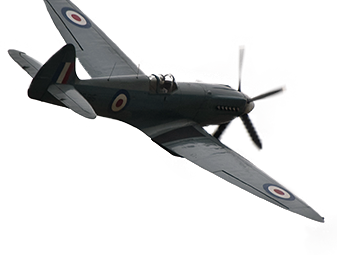
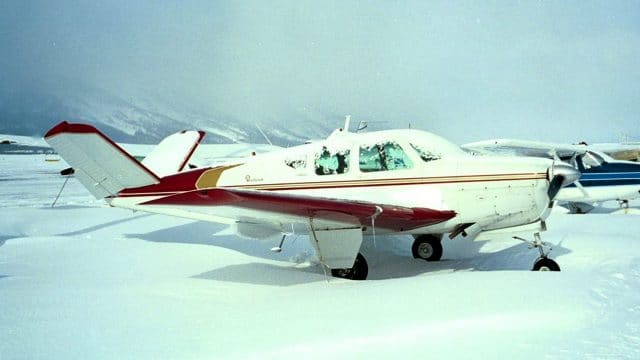
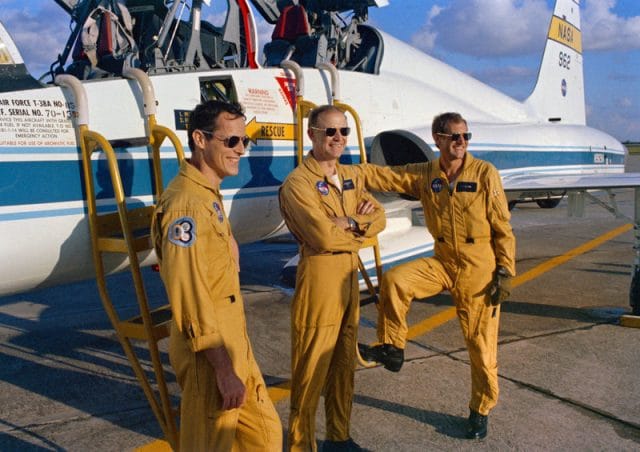

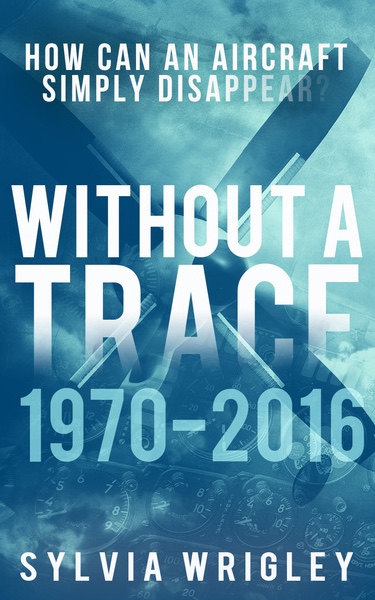
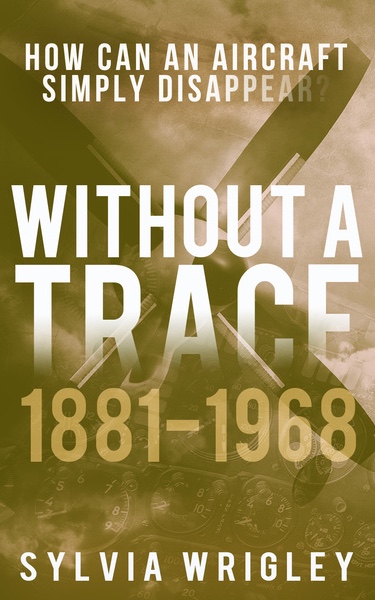
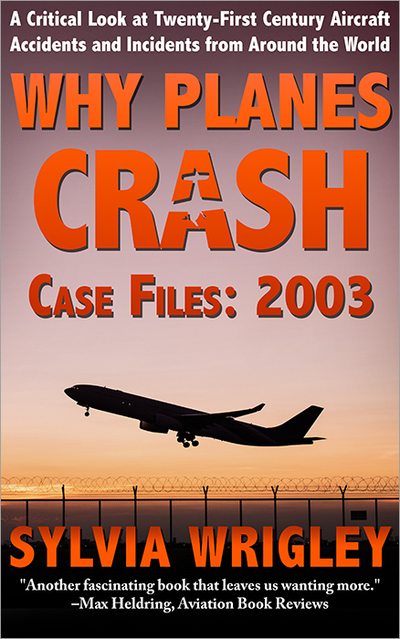
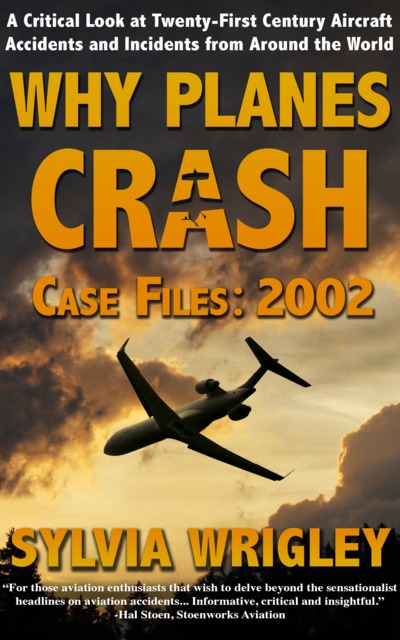
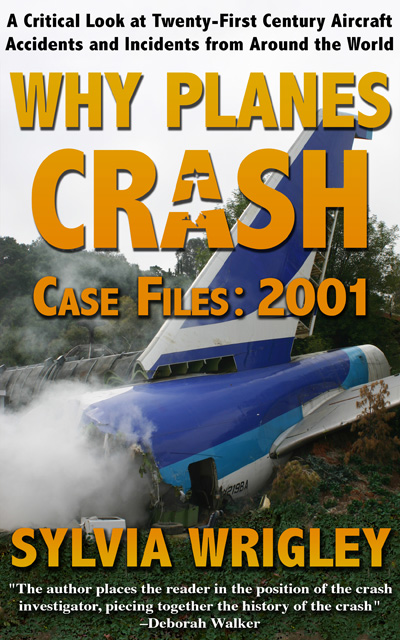

Yeah, the Skylab incident was big.
You have to remember at the time no one knew just how big of a problem SAS (space adaptation syndrome, or “space sickness”) was, as the astronauts kept it secret because it affected their careers. So nobody on the ground knew it was BAD and almost EVERYBODY got it.
Rusty Schweickart was probably the first American with SAS on Apollo 9 to admit it. Tom Stafford on Apollo 8 “puked to the Moon and back” but he kept it carefully under wraps. The astronauts were mostly military personnel so they could keep secrets with a military level of quiet.
Schweickart’s career was indeed curtailed as a result, and it directly meant he didn’t go to the Moon. All subsequent astronauts took this as a warning to stay silent.
As a result, it wasn’t until Shuttle & ISS until it was realized to be a big and common problem. So in Skylab, when mission control piled tasks on sick astronauts, they didn’t realize the level of seriousness of the problem.
Also, there was Apollo 7, where Wally Schirra had a head cold, and the grumpiness with Mission Control ended the career of all 3 astronauts. The crew didn’t turn the radio off completely, but they argued about TV coverage and wearing their helmets during re-entry.
You don’t backtalk Mission Control any more than you would backtalk an Air Traffic Controller.
Gene, thank you for the context on Skylab. You are right, I was missing that piece of the situation!
I don’t know whether the Lockhart episode or the Tony Mink story makes general aviation look worse, given that Mink was also flying others for pay; I did a few dozen skydives ~25 years ago, and hope that the owners of the drop zone would not have let a pilot who raced skydivers to the ground fly out of their zone — that’s an invitation to bust minimum pull elevations and do stupid things under a canopy. (Remember power turns from basic flying instruction? A canopy doesn’t have an engine, so a steep turn makes it go down faster — but you have to judge exactly when to straighten out or you’ll auger yourself into the ground.) It’s tempting to wish bad fortune on the rancher who didn’t want to be bothered by reporting the crash — something involving him needing a plane and nobody willing to fly him — but it’s not clear Chi would have lived even with a quick report.
I thought the author did a pretty good job of putting all this forward without getting judgemental. There was a lot that had me shaking my head, for sure.
Racing skydivers to the ground in a piston-engined aircraft can cause sudden rapid cooling of the engine. Not rarely this can result in a cracked cylinder. Turbine engines do not have that problem.
The pilot, at least in this story, comes across as less than professional, sorry to say that. But he took his wife and son with him.
A sad, sad story. No matter what, they did not deserve the way their lives ended.